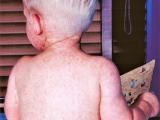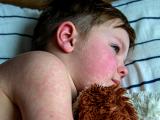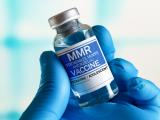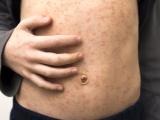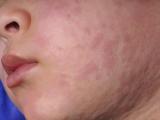Apr 5, 2010
Air-monitoring system detects tularemia agent in Ohio
The federal BioWatch system, which monitors the air in metropolitan areas for signs of biological weapons, recently detected an above-normal level of the tularemia bacterium in Columbus, Ohio, the Columbus Dispatch reported Apr 3. Columbus health officials said the population was not at risk and there was no suspicion of a bioterrorist attack. Jose Rodriguez, a spokesman for the Columbus health department, said it was unclear what caused the elevated level of the bacteria. Similar tularemia findings have been reported in Washington, DC, Houston, St. Louis, and Philadelphia since the BioWatch program was launched in 2003, according to the story. Francisella tularensis, the tularemia agent, is carried by various small mammals, such as rabbits, muskrats, squirrels, and field mice, and is spread by arachnids and insects such as ticks, mosquitoes, and biting flies. It is one of the pathogens considered most likely to be
used by bioterrorists.
CIDRAP overview of tularemia
Measles in Vancouver linked to Olympics
Measles brought to Vancouver by visitors to the Winter Olympics has spread into the local population, sparking at least 15 cases in British Columbia, according to media reports and the British Columbia Centre for Disease Control. As of last week, the agency said, there were 10 lab-confirmed cases and four suspected cases in one cluster, and a second unrelated case. Two separate strains of the virus have been found; one is confirmed to have been transported by a visitor from India, where measles is endemic, and the second is suspected of having arrived from the western Pacific, where measles remains widespread. According to the center, eight of the cases occurred in a single family that declined full or partial vaccination for measles: Some had had one of the two required doses, some had none, and some did not know their immunization status. Some of the cases represent a second generation of infection, the center said, meaning that the
unvaccinated who picked up the disease then passed it to others. Several of the patients have been seen in local emergency departments, and several others were hospitalized. Measles is rare in British Columbia, where rates of routine childhood vaccination are high.


